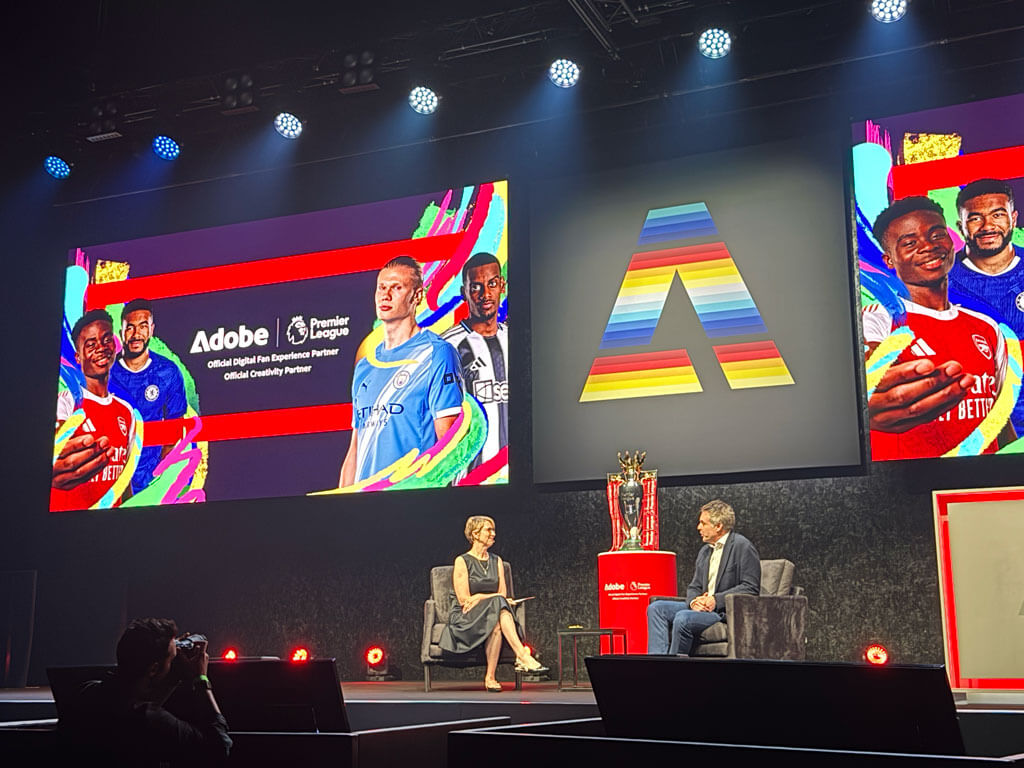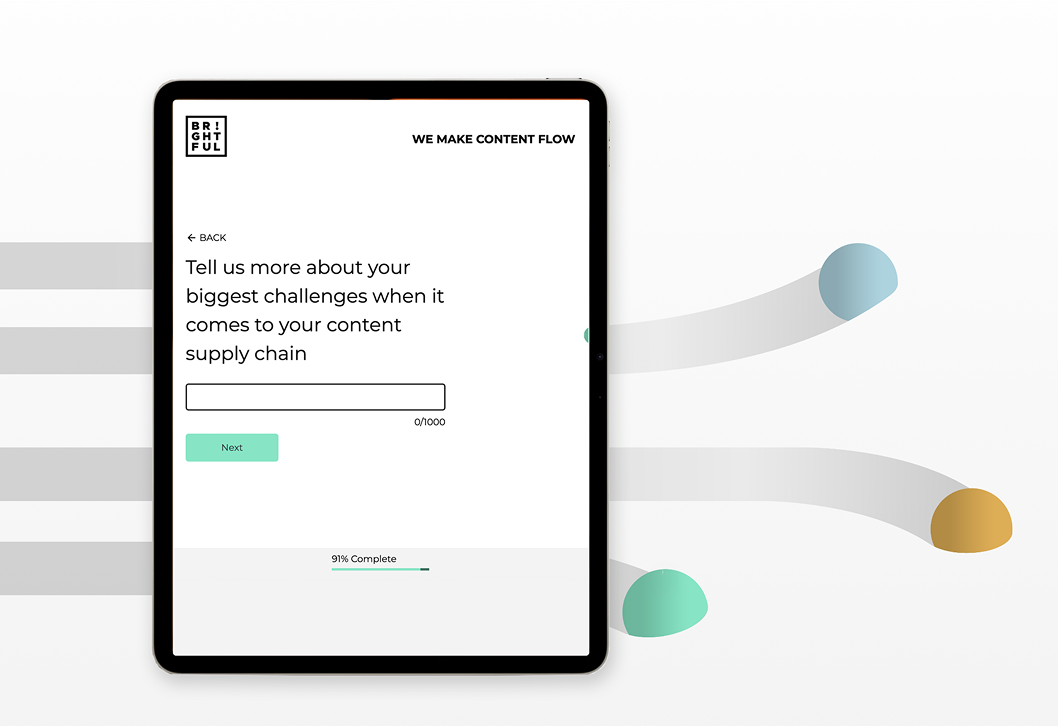
Personalisation and Performance at Scale | Lessons from the Premier League
Highlights from Adobe Summit London 2025
If there was one message that rang loud and clear from the Adobe Summit 2025 keynote sessions, it was this: Personalisation at scale is no longer a vision, it’s a strategic necessity. And the Premier League is one of the most compelling examples of what this looks like in practice.
As someone who spends some time working with global brands on their content flows and operations, the session on the Premier League’s digital strategy with Adobe really stood out – Not just for the scale of ambition, but for how smartly they’re aligning data, technology, and content to deepen fan engagement and drive growth globally.
Here are a few learnings that stuck with me…
With 1.8 billion fans worldwide (and a third of them joining in just the last four years), the Premier League faces the ultimate challenge in relevance at scale. It’s not enough to broadcast messages, they have to resonate. That means understanding who each fan is, where they are, what they love, and how they want to engage.
This is where Adobe Experience Platform comes into play. It enables the league to create individualised journeys for different segments: from hardcore match-goers in Manchester to fantasy football enthusiasts in Mexico City. The ambition? A truly personalised experience for every fan, wherever they are.
One of the most interesting moments in the session was the focus on the Fantasy Premier League, now with over 11.5 million managers. This isn’t just a gamified fan tool, it’s a goldmine of behavioural data. Adobe is helping take it even further: fans can now personalise kits and badges, share content within the community, and interact with dynamic templates powered by Adobe’s creative tools.
This is more than just customisation for fun. Every interaction becomes an insight. Every creative choice feeds back into a smarter understanding of what fans want, and how best to deliver it.
Another key takeaway: The Premier League isn’t just thinking in terms of marketing funnels anymore. They’re building content ecosystems that allow casual fans to become committed ones. It starts with lightweight, engaging formats on mobile and social, and evolves into richer, more immersive content journeys.
They’re also adapting the tone of voice and style depending on the audience segment. As the speaker noted, the voice you use for a 12-year-old in Singapore isn’t the same as for a lifelong fan in Sheffield. But the experience still needs to feel consistent, connected, and on-brand.
It was inspiring to hear how the Premier League is expanding globally with new offices in Mumbai, Singapore, New York, and Beijing. But what really stood out was their commitment to sharing insights with clubs—helping them understand their own fan bases better, and co-creating more relevant experiences together.
This kind of centralised vision plus decentralised execution model is something many brands are trying to crack. And the Premier League seems to be leading the way.
For senior marketing and Martech leads, the takeaways here go far beyond sport:
Most of all, don’t underestimate the power of personalisation to drive performance. The smarter your content engine, the more valuable every piece of engagement becomes.
This keynote made me reflect on the real goal of marketing transformation. It’s not just to be more efficient, it’s to be more meaningful. Personalisation at scale isn’t just a Martech problem, it’s a strategic lever for growth.
The Premier League’s approach shows that when you align data, technology and creativity around the fan (or customer) experience, you don’t just keep up, you lead.
Answer these 10 questions and we’ll send you a free report.

Download our latest ‘Making Content Flow At Scale’ report and learn how global companies are transforming their Content Supply Chains. Feel free to also request to join our exclusive Content Advisory Board.
